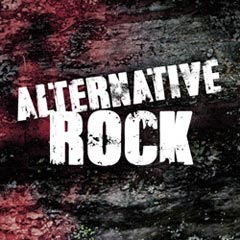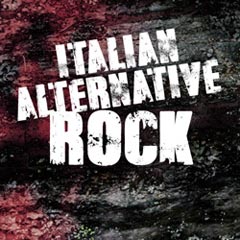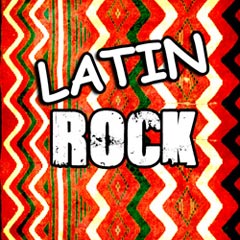Television
The Impact of MTV on Television Music: Enchanting Us with Its Colors and Movements
Television music has come a long way over the years, from the first televised performances to the current era of music videos and virtual concerts. One network that has had a significant impact on the evolution of television music is MTV. Established in 1981, MTV revolutionized the way people experienced music by combining it with visual elements. Since then, it has become a platform that showcases the best new artists and propels the careers of superstars. Today, we'll delve into the impact of MTV on television music and how it continues to enchant us with its colors and movements.
MTV's economical production cost and media availability allowed viewers unprecedented access to upcoming artists and diverse music genres. As such, it became a launching pad for many superstars, including Madonna, Michael Jackson, and Prince. Through engagement with its audience, MTV enabled up-and-coming musicians to create unique ways to demonstrate their artistry. One of MTV's most iconic shows, 'The Real World', allowed artists to express their opinions on music and offered a glimpse into their real lives. MTV's unscripted show 'Unplugged in New York' also provided a setting for musicians to strip down and present their music in an intimate and authentic way.
MTV's influence on television music can be seen in the way music videos have evolved over the years. From the early days of simple, performance-focused clips to the present day's elaborate productions, MTV has been at the forefront of change and innovation. Music videos are now an integral part of the music industry, and MTV is still a popular platform for premieres and award shows.
MTV also champions diversity in all forms of expression. It has been platforming underrepresented groups and diverse cultures, human rights, and advocacy issues. The network has been celebrating LGBTQ perspectives since the beginning of the channel and dedicates 'Pride Month' to showcase LGBTQ artists. Additionally, MTV has been promoting racial diversity and equity, country-specific music, and world music.
Even though streaming services have changed the way we listen to music today, MTV still plays a significant role in promoting new artists and trends. Its 'Video Music Awards' are a great example of how it continues to be relevant it is in today's music industry. MTV's long-standing tagline I want my MTV may have changed its context over time from a rebroadcast rights conversation to a broader narrative of uniqueness and individual creativity.
MTV's influence on television music cannot be understated. By championing diversity and promoting new artists, it has been a platform for change and innovation. It provided a unique opportunity for musicians to demonstrate their artistry through music videos, unscripted shows, and interviews. Even in the current so-called age of streaming, MTV has maintained its relevance in promoting new talent, establishing music trends, and celebrating diversity in all forms. The enchanting colors and movements of music television inspire us to continue to appreciate and enjoy some of the best music of our time.
These bands could be of your interest:
ON AIR - PROGRAMMING
2023-01-17
Should reality shows be forbidden?
Television is democratic. Audience is the way to express your vote, to give your opinion, to help channel to make their own programme schedules. So if reality shows still live, it means that people love them. No doubt about this. One of the main advantages of forbidding reality shows is the fact that television channels have more free time to be filled up with cultural programs, like documentaries. With this forced solution, television, as an instrument to educate people, can recuperate his role. What is more, reality shows create false aspirations in the mass, people could watch them as a way to escape from their poor real life, and, for example pushing daughter to prostitution in change of a place in the show. However, there are disadvantages of forbidding reality shows. Many people will be lost their main themes of discussion. How do they occupy their coffee times during the work days? Moreover, this will go against democracy, people desire reality shows, they are exciting and they go inside people’s privacy. So this increases curiosity, perversion and thriller, from this point of view it seems impossible to stop reality. All things considered, “show must go on”, so it will be impossible to forbid reality shows. The only way to remove them from television, it’s to wait till people will get totally bored by them. With my growing worry documentaries have to wait an indeterminate while to have a central role in the programme schedules.
Tag: television is a shit, reality shows, big brother, privacy
You can also be a Guest Writer on STAIMUSIC. Simply send your views about music or about this post to info@staimusic.com







